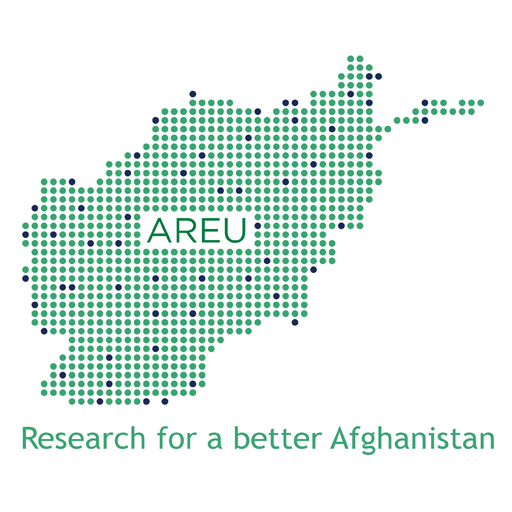
06 Mar Civil society and its role in promoting good governance in Afghanistan
On 21st December 2015 AREU Hosted an open Dialogue discussion: Over 30 representatives of civil society from Kabul and Mazar, Afghan government, German Development Cooperation and GIZ, and members of Community Development Councils (CDCs) and District Development Assemblies (DDAs) attended an open dialogue at AREU. The participants discussed the civil society and its role in promoting good governance in Afghanistan; the importance of trust building between civil society, government and the people that could enable an effective working environment and importance of strengthening the networks and relations between the modern civil society organisations with those of local and traditional ones.
The main objectives of the dialogue were to discuss and validate the respective recommendations of Govern4Afg regarding to participation of civil society; identify strategies and best practices for the enhancement of the participation of civil society in decision-making and accountability processes and to discuss series of recommendations, the existing challenges and best practices to strengthen the role of civil society.
The monopolisation of the some of the civil society organisation, unclear position of the Afghan government towards the civil society, lack of systematic mechanisms for advocacy, and financial and donor dependency of the civil society in Afghanistan were addressed as some of the important challenges.
They urge that there is a need for an inclusive definition of the civil society based on Afghan context and it is important to understand that NGOs are only one representation of the civil society in this country. The diversity in the civil society ought to be considered as strength not weakness, which contributes to an effective civil society and thus better representation.

